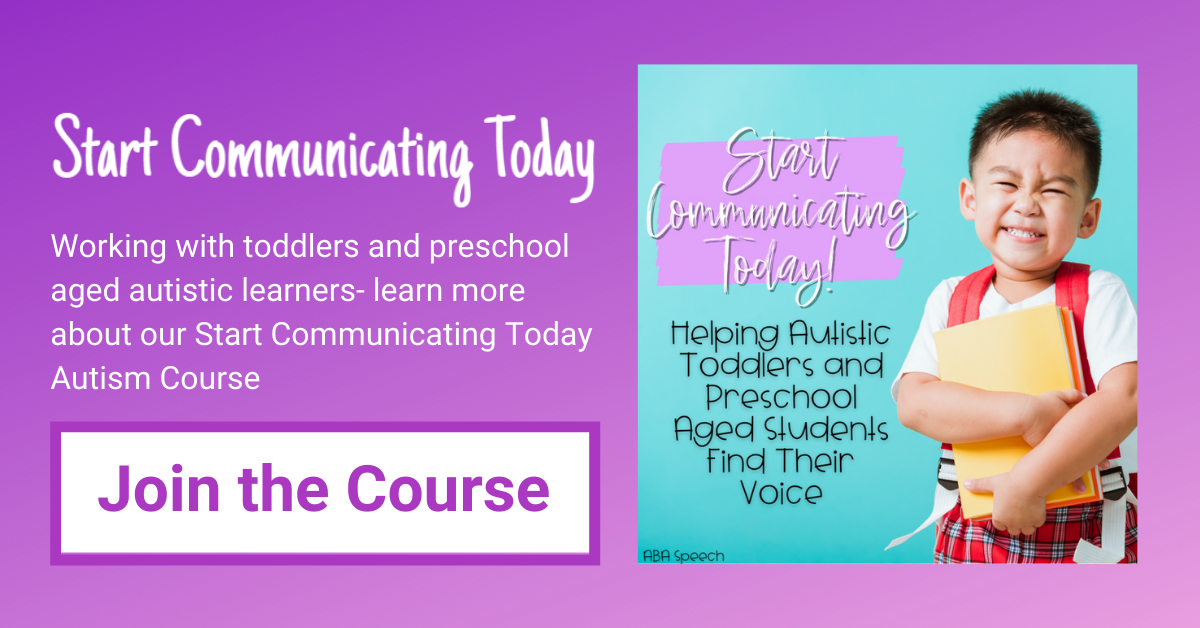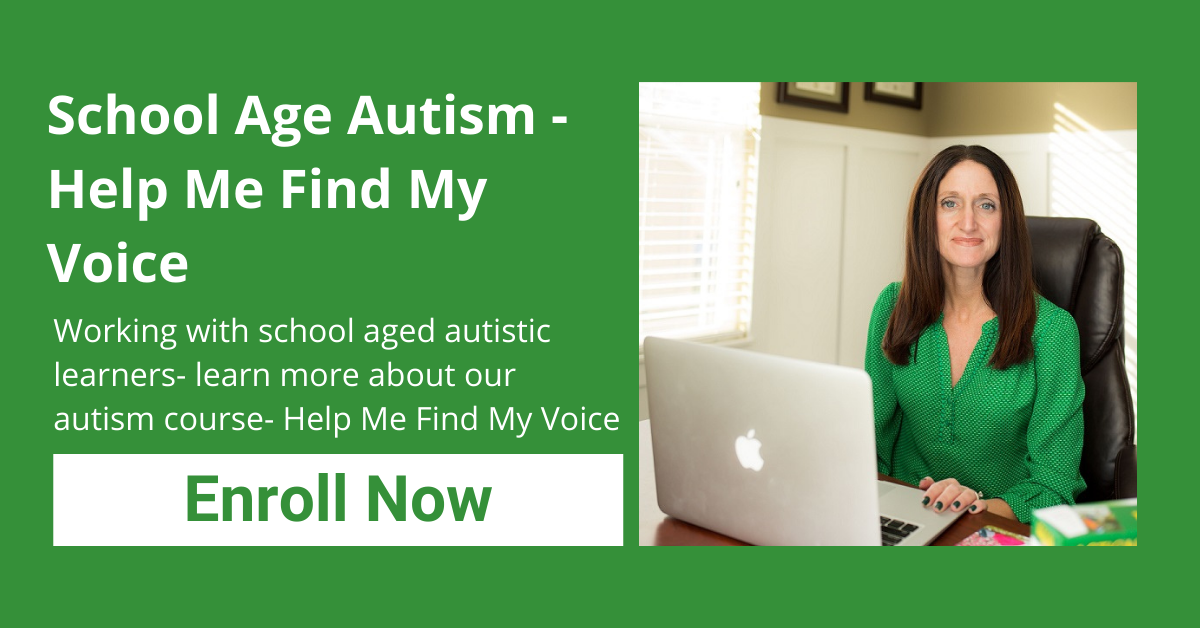[fusebox_track_player url="https://chrt.fm/track/5GD6EB/www.buzzsprout.com/1572088/14810826-173-the-importance-of-compassion-as-a-provider-with-dr-jessica-rohrer.mp3?download=true" title="Episode #173: The Importance of Compassion As a Provider with Dr. Jessica...
Episode #082: Inclusive Preschool Programming with Dr. Katie Walton of Ohio State University
https://vimeo.com/731259135
S
tarting preschool for both typically and non typically developing students is a big step, and there are a lot of important factors to consider. Dr. Katie Walton of Ohio State University oversees the Nisonger Center, an Inclusive Preschool Program. This center works with students with and without disabilities from birth to age 5.
What is Inclusive Preschool Programming?
Inclusive in short means that it includes all students, regardless of learning needs. What this looks like can vary from practice to practice. Some schools might just incorporate all learning types and work to meet all needs and others might focus on special needs services while incorporating typically developing children. Early intervention practices, while important for specific needs, are actually best practice teaching that can benefit any and all students, especially in a preschool setting.
Assessments, Planning and Goal Setting
Planning and goal setting are essential for any classroom and any student. At the Nisonger Center they use a curriculum based assessment, APES, for daily planning for all students. Therapists and providers within the school will do individual assessments for needs and goals setting within IEP teams for students who require additional support. Additionally, important for any preschool program is a robust social and emotional skill plan. The team at Nisonger works hard to set functional goals, on what social and emotional skills look like in action, versus checking a box on a goal list. Dr. Walton also shares about the really great collaborative loop from their preschool team to public schools, for IEP goals and transition. This is such a huge benefit for school based providers and families for a full understanding of a child’s needs and abilities.
Are you a parent considering preschool programs for your child?
It can be confusing, overwhelming, and hard to know what’s right when looking for a program for your preschool aged child. Dr. Walton provides some questions for parents to consider and ask their prospective programs.
- What does the day look like? Curriculum, schedule, structure.
- How are daily schedules and activities adapted for different learning needs?
- What are the discipline policies? How are behavioral problems handled? Is there an emphasis on positive reinforcement and strategies?
- Bring your child: How do they interact with your child? How do they respond to your child’s normal behaviors? How does your child respond to the environment?
An Inclusive Preschool Program has so much to offer both children with and without disabilities. Whether you’re a professional working in a preschool or a parent ready to place your child in the right school, consider the ideas we’ve discussed in today’s episode to ensure the best practices are being used for your child and their unique needs!
#autism #speechtherapy
Today’s Guest:
Dr. Katie Walton is an Associate Professor of Psychology at Ohio State University. She is also the Director of the Nisonger Early Learning Program at the OSU Nisonger Center. Dr. Walton splits her time between conducting research about early social communication development in young children with autism, overseeing the Early Learning Program, and teaching and mentoring undergraduate and graduate psychology students at Ohio State. Dr. Walton’s professional work with autistic children began when she was an undergraduate at Emory University and worked as a student teaching assistant at the Walden School, an inclusive early childhood program on Emory’s campus. Here she developed a passion for improving supports for young autistic children through both research and evidence-based clinical practice. Dr. Walton went on to receive her PhD in clinical psychology from Michigan State University and completed an internship focused on early childhood at the University of New Mexico Health Sciences Center in Albuquerque, NM. After completing her graduate study, she moved to Ohio for a fellowship at the Ohio State University Nisonger Center, and has been on faculty at Ohio State since 2014. Across her work, Dr. Walton values collaboration with autistic people and their families, inclusion and acceptance for autistic people, interprofessional practice and learning across disciplinary boundaries, and developing and using evidence-based practices to best support children and families to meet their personal goals. In her free time, Dr. Walton enjoys spending time with her husband and two daughters, running, and exploring the food and entertainment in Columbus!
What’s Inside:
- What does Inclusive Preschool Programming actually mean?
- What should parents look for in a preschool program?
- How inclusive programming can accommodate a wide variety of learning needs.
- How preschools work with public schools on planning and goal setting for students.
- What assessments might be used in an inclusive preschool setting?
- Setting functional goals: What do interactions and skills actually look like in practice?
- How early intervention practices can benefit students both with and without disabilities.
Mentioned In This Episode
—Nisonger Center Early Learning Program
—ABA Speech: Home
—Start Communicating Today
—Help Me Find My Voice
Use coupon code SUNNYSALE75 and save $75 off Start Communicating Today and $75 off Help Me Find My Voice. Offer ends July 31st.
Rate, Review & Subscribe
If you found this podcast helpful, please consider rating and reviewing my show! This helps me to support support more people — just like you!
If you have not done so already, subscribe to the podcast. This ensures that you do not miss an episode!
Listen on
Apple Podcasts
Listen on
Stitcher
Subscribe
via Email
You Might Also Like…
Episode #172: They Have a Voice, Are We Listening? with Joe Veneziano and Dr. Shannon Shea
[fusebox_track_player url="https://chrt.fm/track/5GD6EB/www.buzzsprout.com/1572088/14735681-172-they-have-a-voice-are-we-listening-with-joe-veneziano-and-dr-shannon-shea.mp3?download=true" title="Episode #172: They Have a Voice, Are We Listening? with Joe Veneziano...
Episode #171: SLP Services in an ABA Setting- A Conversation with Susan Browning
[fusebox_track_player url="https://chrt.fm/track/5GD6EB/www.buzzsprout.com/1572088/14694844-171-slp-services-in-an-aba-setting-a-conversation-with-susan-browning.mp3?download=true" title="Episode #171: SLP Services in an ABA Setting- A conversation with Susan...

